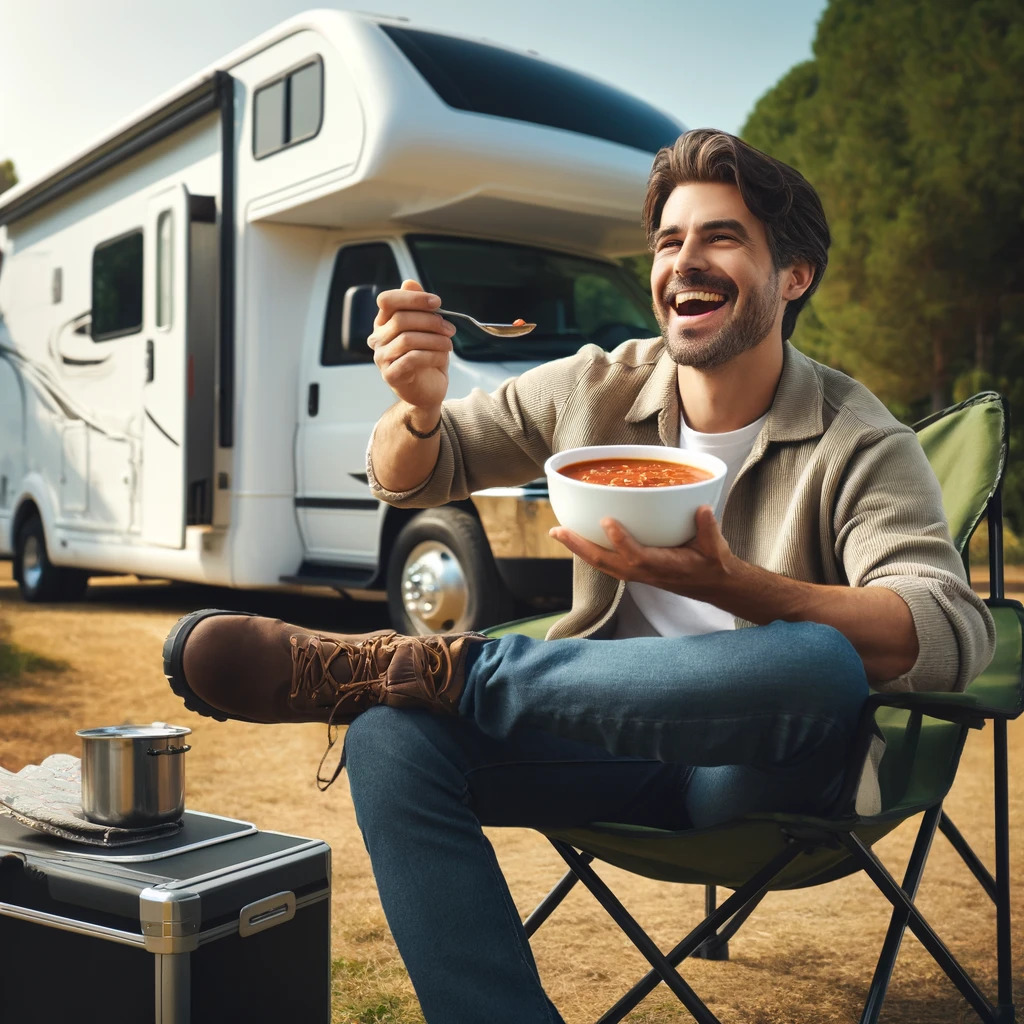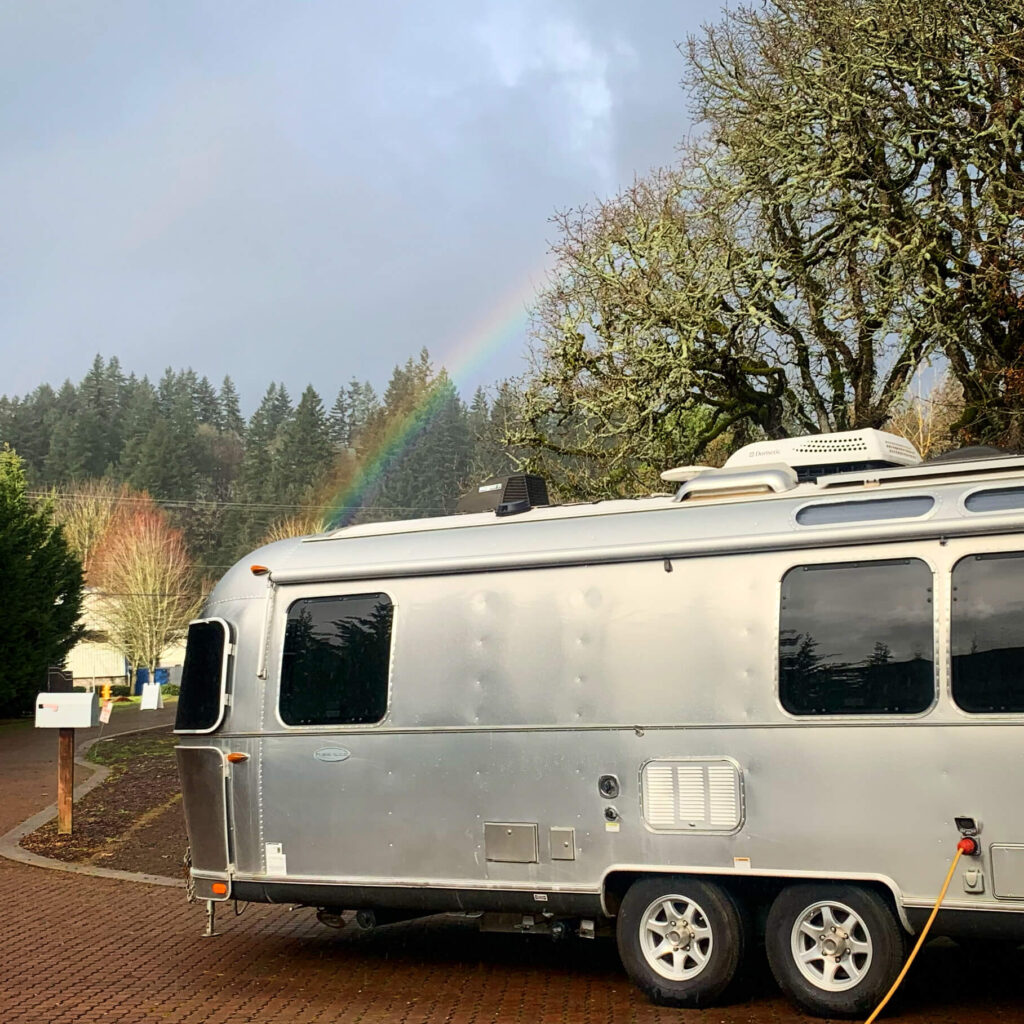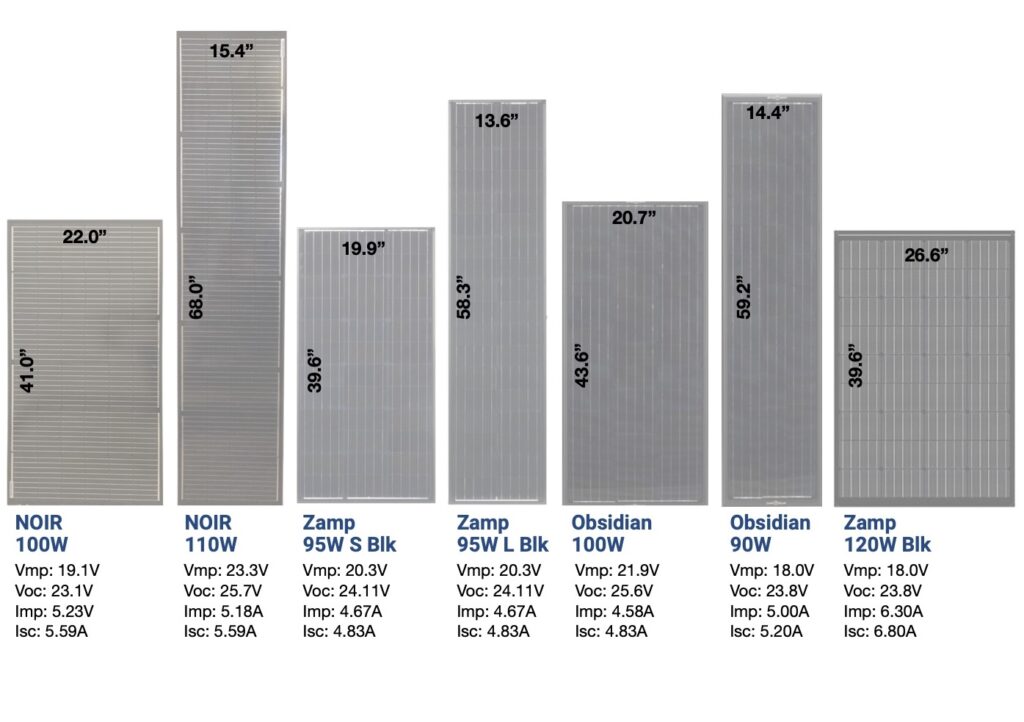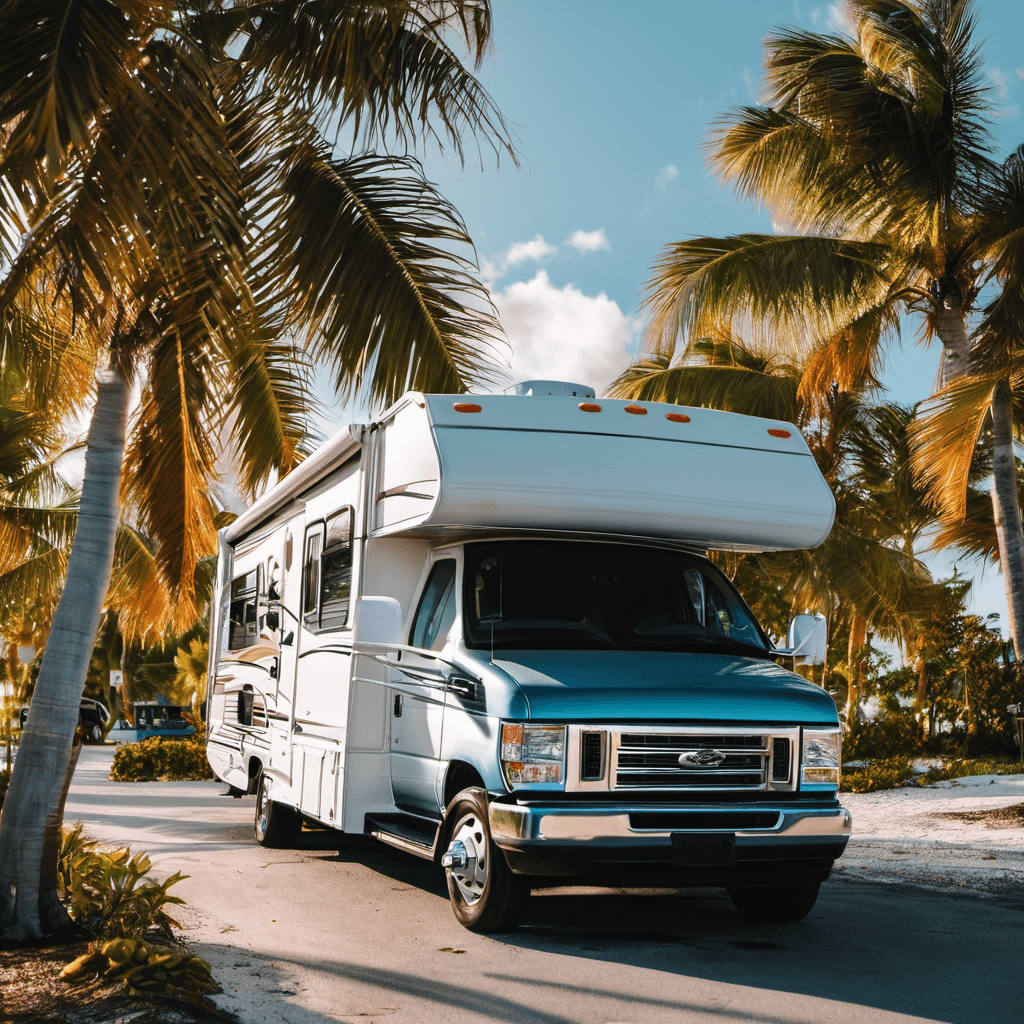If you think your RV camping options are limited to expensive, crowded resorts or dingy, out-the-way RV parks, think again. There’s a whole world of wonderful RV boondocking out there, just waiting for you and your fellow campers to discover. But there are some vital things to know before you head off into the wilderness in order to make the most of your boondocking adventure. Let’s take a closer look at some top RV boondocking tips!
What is RV Boondocking?
Some newer RVers may find themselves asking – what is boondocking, anyway? The practice (also known as dry camping) refers to low- or no-cost camping with your rig in a location with no electrical, water, or sewer hookups – and generally no other amenities, either! In most cases, boondocking more specifically refers to doing this out in nature, though it’s not a requirement.
RV boondocking sites can be found in a variety of locations, but most often on federal, state, or other public-owned lands. This can include famous locations like national parks or less well-known spots in the vast Bureau of Land Management system. In between, you can also boondock at state and county parks and many other locations.
RVers choose to boondock for a variety of reasons. Some travel on a limited budget and would rather save the money they’d spend on a campground or RV park for other activities. Others love the peace and quiet, as well as the ability to get intimately in touch with nature. No matter why you do it, boondocking can be one of the best ways to adventure in your RV – but only if you know what you’re doing.
Boondocking Tips and Tricks

So, what should you know before taking your rig out on your first expedition off-grid? We’ve rounded up a list of our top boondocking tips that everyone from first-timers to experts should keep in mind.
1. Trip Preparation

Unlike simply rolling up to a spot in an RV park or campground (which sometimes include everything you could need on-site, from food to fuel), preparing for an RV boondocking trip requires a bit more diligence and care. Your prep can be split up into the following categories.
Food Preparation
A little bit of food prep at home can go a long way toward smoother meals at the campsite. After all, just about everyone has a more spacious and well-equipped kitchen at home compared to their RV. Save some time and hassle by pre-chopping fruits or vegetables or even pre-assembling or partially cooking other dishes, which can then be finished with ease at your convenience. You can even repackage foods for easier transport or premix cocktails that only need to be poured over ice. Not only will this make cooking in your limited RV kitchen space a lot easier, but it’ll also save you time you could be spending enjoying nature or relaxing with your fellow campers.
Check Cell Coverage
Most of us have come to see cell service as a given. But due to the remote or low population nature of many top RV boondocking spots, you may find yourself without it once you arrive. Some may view this as a welcome chance to disconnect. But others may want to enjoy some of the comforts of civilization (like streaming music or checking the news) or simply want to know they can reach help if there’s an emergency. You can consult coverage maps from your carrier for guidance, as well as apps designed to help pinpoint coverage at more specific locations. When in doubt, you may also be able to find reviews of the campsite from other boondockers, who might mention the cell service situation.
Preview the Terrain Before Arrival
Carefully scouting out the terrain can save some massive headaches upon arrival. It’s crucial to understand exactly where you’ll be camping as much as possible. This is for several reasons. First, not every RV will be able to fit or physically make it to every campsite due to road conditions or other factors. You’ll also want to know whether there’s any shade, proximity to water, and closeness to other boondocking sites, among other things. In some cases, boondockers may be able to get a sense of the area using Google Street View or other mapping services. In others, you may need to rely on pictures or reviews from those who’ve stayed at the location before.
2. Water Conservation

Unlike at home or even at an RV park with a freshwater hookup, you’ll have to bring all your own water while boondocking. Through the combination of your rig’s freshwater tank and any bottled or other water supplies you bring, you’ll need to cover all your own drinking, cooking, cleaning, and bathing needs. This can be a big adjustment for those who are used to an unlimited supply from the tap!
Small behaviors can go a long way toward conserving water while RV boondocking. Keep your showers short and shower only when necessary. Turn off the water when brushing teeth or while scrubbing dishes. Some may even preserve water by doing their business in the great outdoors instead of their RV bathroom! You may have access to fresh water from natural sources at some boondocking spots. In some cases, this water can be treated by boiling or other methods to make it drinkable. However, this should be done with care and only by those who know what they’re doing when it comes to water treatment.
3. Waste Management

Boondocking means no trash cans or dumpsters around the corner to toss your garbage. That means you’re responsible for carrying out everything you carry in – and we mean everything! There are obvious things like trash and other litter, which should be securely bagged and held on to until it can be disposed of properly back in civilization. But too many people think “natural” items like food scraps, peels, or other organic matter can be left behind. This is not the case, and you should try to follow the principle of “leave no trace” as much as possible. This even goes for your other “waste” – the kind stored in your black and gray tanks. Under no circumstances should these be dumped anywhere other than approved locations, so ensure they have enough space for your trip or plan a visit to a dump station.
4. Off-Grid Power

For some, an RV without power isn’t much better than a big, expensive tent. But there are certainly no outlets at boondocking sites. Even with an inverter to help convert your batteries’ stored DC power into AC, they won’t last forever. That’s why many boondockers choose to develop an off-grid power system capable of keeping the lights on no matter where they are.
There are two primary methods of doing this in an RV – wind and solar. Wind systems use a small windmill to capture the wind’s energy and turn a turbine that generates electricity for your rig. This can be a good choice for those who frequently camp in very windy locations. However, they can be practically useless in situations without strong wind or where the breeze is blocked.
The other, more popular choice is solar power. RV solar panels come in a wide variety of sizes and styles that can fit most budgets. Some panels may be permanently mounted on your rig, while others are portable and can be set up when needed. Many people use traditional rigid panels, but flexible thin-film ones are also gaining in popularity due to their versatility in mounting. Solar systems can range from a single-panel design to simply slow the drawdown of your lithium battery to more powerful, completely self-sustaining systems. However, it is important to remember the energy you generate will be limited by how much sun you get, which means RV solar panels may not be the best choice for shady boondocking spots or frequently cloudy locations.
5. Enjoy the Outdoors

RV boondocking can be one of the best ways to truly appreciate the great outdoors. With no campground buildings, highways, or strip malls in sight, campers can get to know nature as their home for a few days. There are boondocking sites geared toward all sorts of outdoor pursuits, including hiking, mountain biking, kayaking, fishing, and much more. Alternatively, plenty of RV boondocking spots are just plain beautiful, perfect for those who’d like nothing more than a weekend of relaxation away from it all.
Boondocking is also a great opportunity for families with kids to teach the younger campers about a variety of outdoors-related topics, from building a fire to navigating with a compass to identifying different types of birds or trees. This not only helps them develop into adults with capable outdoor skills but also creates lifelong family memories as well.
RV Solar Panels from AM Solar
No matter your boondocking style or type of rig, camping without power is rarely anyone’s idea of a good time. And even the best batteries can run down quickly under the stress of all our devices, not to mention the necessary systems for your RV. That’s why RV solar panels from AM Solar are such a valuable addition to your RV boondocking set-up. AM Solar experts will consult with you to design the perfect system for your needs, from picking your panels and equipment to outfitting your rig’s roof or other surfaces. See what’s available and request a quote today




